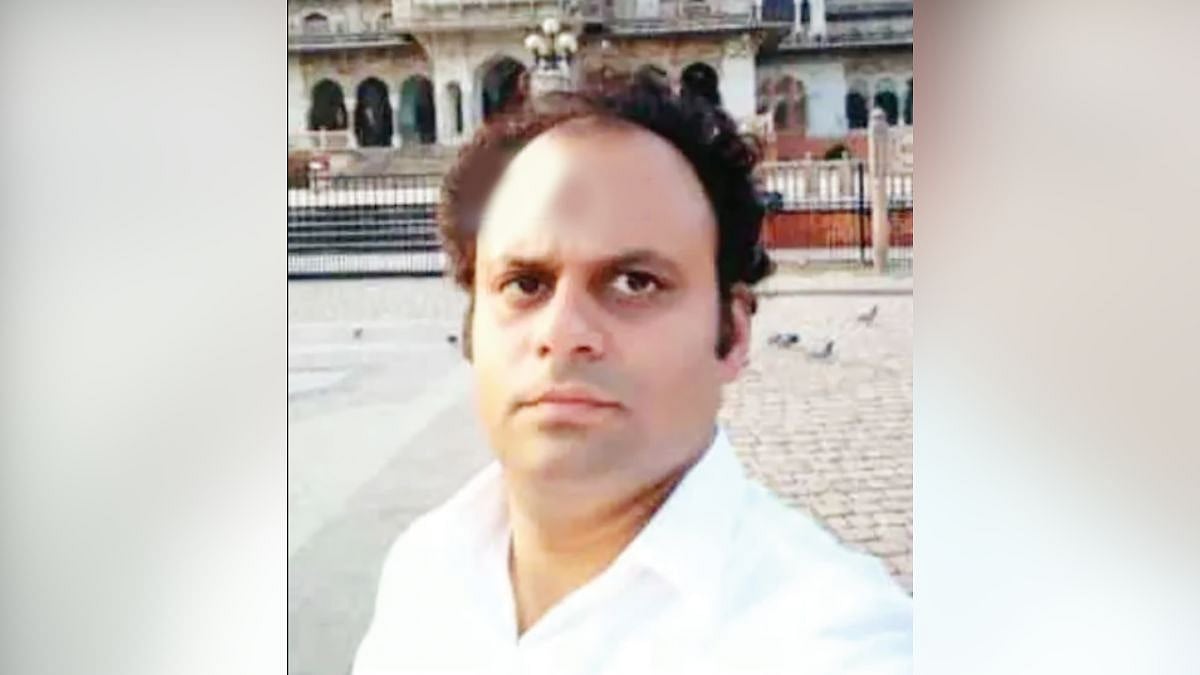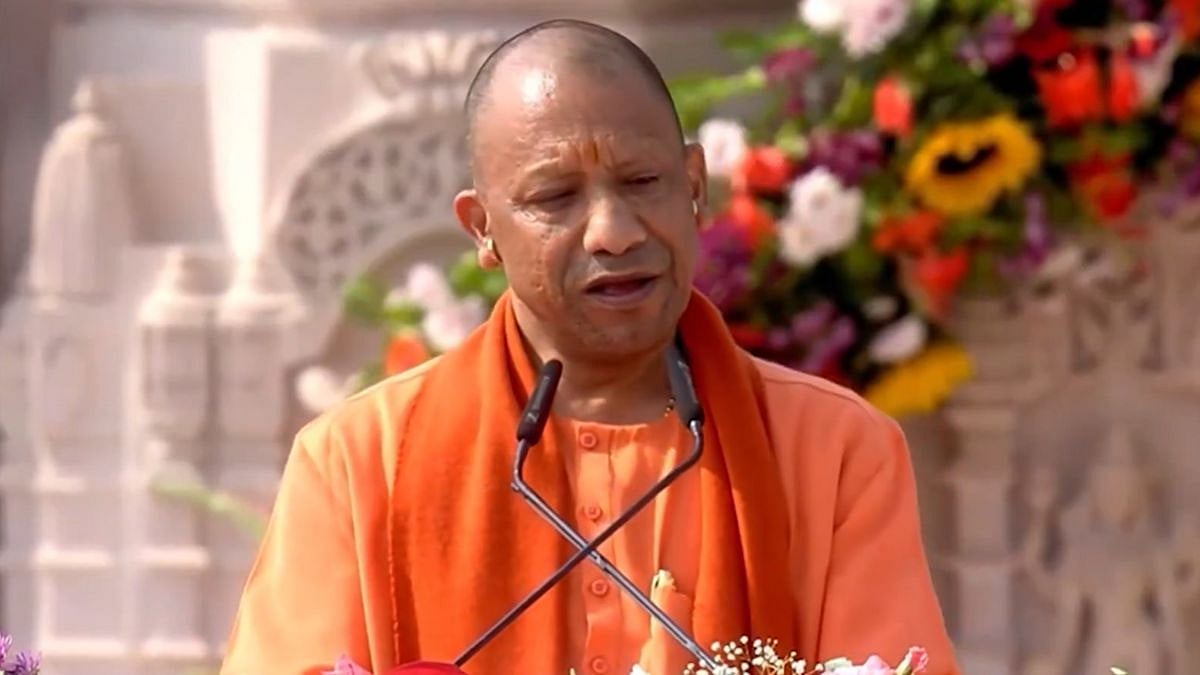British colonialism at its peak had left a deep mark not only in material terms but also on the mental landscape of India. It was not only a physical colonialisation but also a colonisation of the mind through the process of knowledge generation, education, and resetting of socio-cultural narratives. As an integral part of this process, the colonial regime glorified and propagated their own prejudices and interpretations while also undermining, misrepresenting, and creating stereotypes of the colonised forming the bedrock of colonial rule through the ideologies of the British Raj. The hugely influential cultural theorist of Orientalism, Edward Said outlined the nexus between power and knowledge that was used to achieve such a cultural and political domination. Before Europe could physically dominate the Orient, it had to create a knowledge of the Orient which could then be used to impose its rule on its own terms. For the British, this meant interpreting and understanding India, that was aligned to this objective, an important element of which was to see India primarily as a religious society and one which could only be understood by understanding and accepting its division into contending and antagonistic religious communities- predominantly of course, between that of Hindus and Muslims. James Mill’s infamous division of Indian history into the three periods: an ancient Hindu one, an Islamic medieval interregnum and a modern British colonial one is an unequivocal illustration of this historiographical bias; one that still has a strong grip on the popular imagination and is also seen in the internalised Orientalism of Hindu Nationalism which similarly classifies Indian history into a glorious ancient Hindu period followed by a “dark age” of Islamic conquest and destruction. However, of the modern colonial period, it tellingly remains largely silent.
The process of releasing people from the shackles of colonial knowledge systems was termed as decolonisation; the anti-colonial movement of mainstream Indian nationalism, particularly when it moved to its mass-based phase under the guidance of Gandhi that sought to achieve this on a mental and spiritual level. It was intended to be as much an intellectual and internal process of liberation and regeneration as well as a political movement for sovereignty. It was not based on a rejection of external influences despite its search for an authentic indigenous cultural core; as one of Gandhi’s memorable aphorisms illustrated: “I do not want my house to be walled in on all sides and my windows to be stuffed. I want the cultures of all lands to be blown about my house as freely as possible. But I refuse to be blown off my feet by any.” There was a recognition that — as post-colonial theorists such as Dipesh Chakraborty has argued — decolonisation involves an intellectual reset in addition to a political and social reformation. Resetting these intellectual processes requires a transformation of the social, political, and academic stereotypes and misrepresentations of the Orient and creating a space where the narratives and knowledge systems of the (ex)colonised can co-exist with other recognised epistemologies. This rhetoric of decolonisation therefore, always had both a moral tutelary objection of liberation alongside a more conventional political one.
The dominance of this paradigm, especially given the hegemonic role of anti-colonial liberation movements in establishing and running post-colonial states; has led the resurgent right-wing nationalism to lay claim to its own interpretation of “decoloniality”. Partly this is symptomatic of their own intellectually paucity which forces them to rely very much on a derived discourse and partly as an attempt to weaponise established concepts in its endeavour to attempt to occupy established institutional intellectual spaces and discourses, to justify their attempts to rewrite history and restructure both social and political self-perceptions of the nation. Egregious examples of this include the ongoing glorification of Savarkar as a national hero, the negation of Gandhi's and the Congress's legacy during the Independence struggle, and the adoption of secular icons such as Bhagat Singh and Subhash Chandra Bose as right-wing nationalist standard-bearers. While any interpretation of the relationship between identity and nation is always open to interrogation and re-definition; these faux initiatives to brand right-wing cultural nationalism as a “de-colonial” project are based on bad faith moves that refute any genuine dialogue or inter-action as well reject and dismiss any empirical evidence that challenges their assertions. This has led to Orwellian rejections of evidence before their own eyes and ears; which is evinced by the controversies in Indian archaeogenetics whereby the inconvertible scientific evidence of steppe ancestry of many Indians can’t be accepted and increasingly contortionary mental gymnastics are undertaken to avoid the implications of such evidence as Hindu nationalism can’t accept that Indo-European languages and cultural ideas first came to India from exogenous sources. The very walling in and closed windows that Gandhi rejected has now become the norm.
Additionally, by fostering politically contentious and intellectually erroneous historical understandings of Hinduism, right-wing nationalist seek to absolve religion from any blame for various social problems and divisions. Hence assertions by prominent right-wing nationalist ideologues that caste was “primarily a British construct”, the stories surrounding the prevalence of Sati, which is claimed were exaggerated by Raja Ram Mohan Roy and others. From the abominable practice of manual scavenging to gender segregation and inequality; which is similarly blamed on “Islamic invasions” and held to be a consequence of Muslim rule, any regressive social practice that has religious Hindu sanction is traced to have originated in a malign foreign source, thereby preserving the authentic purity and immaculate moral status of autochthonic “Indic” religious traditions. Said memorably commented, such moves “blame colonialism for not only its faults but also for our own” for conveniently erasing any agency and removing any real responsibility from ourselves.
The political motivation behind these attempts is to instil in the majority a sense of victimhood in order to gain political and ideological ascendancy. This is nothing new but a common tactic of right-wing populist nationalist politics of grievance: the template used being one which aims to convince enough people that they have lost their country and that it has somehow forcibly and unfairly been taken away from them. The corollary is that they must then do something radical regain it not matter the means adopted. It is a politics of anger rather than one of emancipation. The targets who are held to have deprived the population within this discourse, are taken to be either a disconnected and remote elite or an internal minority. The rhetoric of “decoloniality” instead of targeting a colonial ruling class, as earlier anti-colonial movements did, at present targets the post-colonial elites that have succeeded them as foisting on the nation an inauthentic sense of self-hood and a lacking level of pride in the nation’s history and past achievements. Instilling such a sense of inferiority, victimisation and marginalisation among the majority serves as a crucial step for such movements to achieve and retain power. This appropriation of decoloniality seeks to elide and disguise its own weak epistemological origins and masks its attempt to gain dominance behind a bombast of grandiloquent claims to throwing off imaginary shackles. Just as earlier British colonialists claimed to be liberating Indians from a host of political and social evils and govern them for their own good while in reality imposing a governance structure for their own ends, the current wave of right-wing nationalists claim to liberate the nation from a putative colonialist yoke in service of their own insular ideological goals. This is far removed and antithetical to the aims of the original anti-colonial independence movement.
Conrad Barwa is a senior research analyst at a private think-tank, and a senior research associate at the Birmingham Business School. Abhinandan Pandey is a post-graduate researcher in History and is a published Urdu poet









